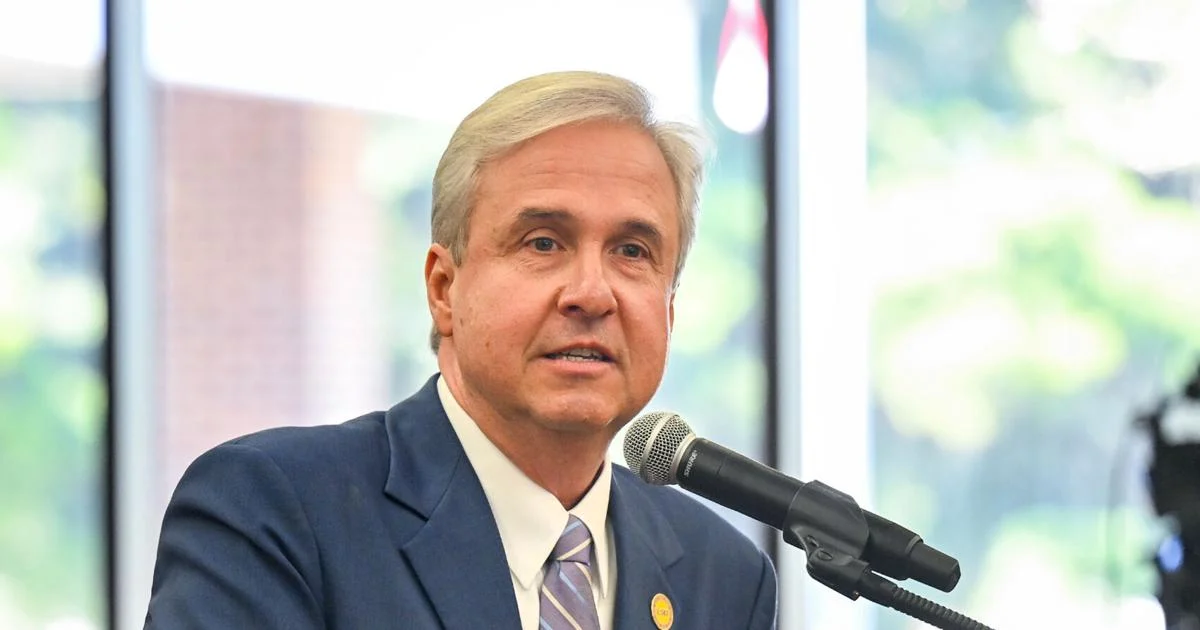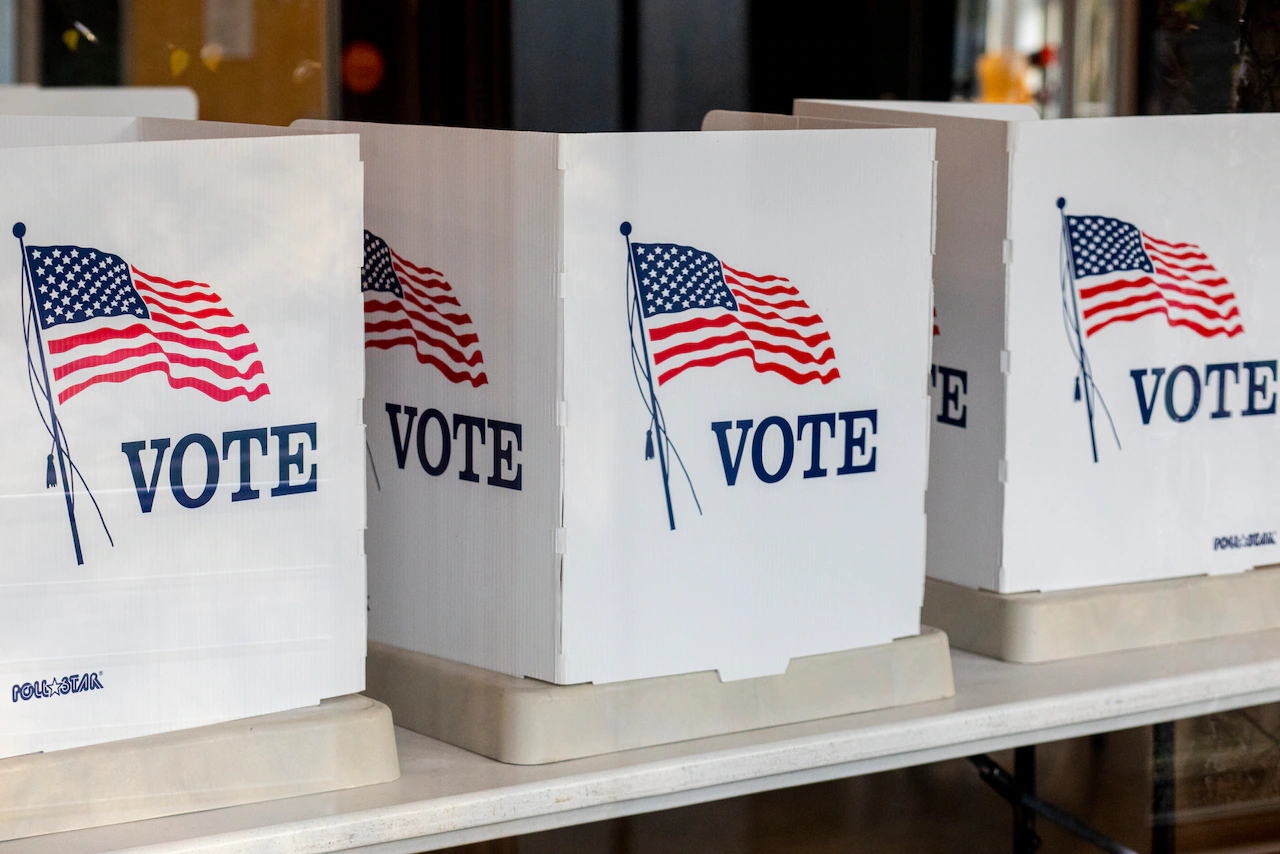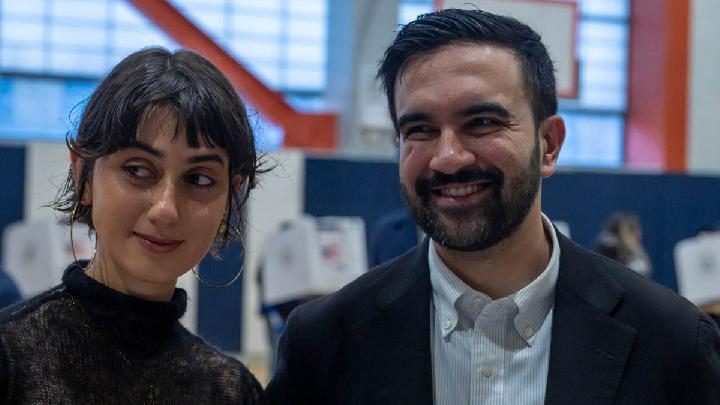Copyright Baton Rouge Advocate

Four days before the LSU Board of Supervisors would select a new university president, McNeese State President Wade Rousse and University of Alabama Provost James Dalton met at the LSU president’s house. Publicly, both were still candidates for the LSU job. Behind the scenes, however, Rousse had already secured it. Gov. Jeff Landry had spread the word quietly weeks earlier that Rousse’s business-oriented approach for LSU aligned with the governor’s vision. Lee Mallett, the board’s vice chair and a close Landry ally, had been working assiduously to arrange for Rousse to show off his can-do personality in meetings with other board members and key political and business leaders. But Rousse had publicly faced complaints from some faculty and students who said he wasn’t qualified to become president of LSU because he didn’t have the necessary experience at a large research university. So Rousse and Dalton met at the president’s house to see if they could agree on an arrangement to share duties. Board members fervently hoped they could agree, to assuage the critics. When Rousse and Dalton emerged an hour or so later, they told several anxious board members that they had gotten along well. Rousse would serve as the system president, overseeing athletics and the entire university system, while Dalton would focus on academics and research at the flagship campus in Baton Rouge and LSU’s medical facilities in Baton Rouge and New Orleans. “It’s not often, if ever, that during a presidential search you get lucky enough to have two candidates with the same vision whose different backgrounds complement each other to the betterment of the entire university,” board chair Scott Ballard said during a news conference afterward. “I am proud today that LSU did just that.” The selection of Rousse culminated in a quiet but aggressive campaign that he and his supporters waged for the highest profile position at any of Louisiana’s colleges and universities. In many ways, they treated it like a political contest, with the LSU presidency as the prize. This account is based on interviews with Landry, Mallett and 25 political insiders, board members and university officials, most of whom didn’t want to be identified given the sensitivity of the subject. To become president, Rousse met with LSU board members, community leaders and political figures at lunches and dinners organized by Mallett and even flew to north Louisiana on a private plane to meet with two board members. Rousse’s efforts included reaching out to the state’s two most prominent Democrats, former Gov. John Bel Edwards and former U.S. Sen. Mary Landrieu. The key supporter, though, was Landry. He has aggressively sought to make his imprint on Louisiana in every way possible since winning the gubernatorial primary outright in October 2023 and moving into the Governor’s Mansion in January 2024. In the most striking recent example, Landry was blasted locally and nationally after the governor said during a news conference that then-LSU Athletic Director Scott Woodward wouldn’t hire the next football coach. Woodward was out of his job days later. That move ratcheted up criticism of Landry from people who believed he had fired head coach Brian Kelly and shouldn’t meddle in LSU athletics. Landry said he wasn't involved in the decision to fire Kelly, which board members have confirmed. Landry also played a key role in filling the last two university presidential vacancies in Louisiana when he supported the candidates selected at Northwestern State and at the University of Louisiana Monroe. In the second of two phone interviews Thursday, Landry downplayed his involvement but acknowledged making his views known to board members. “I have not played a role in the selection of any of these presidents other than if I speak to those board members about the interview process, what they think, what I think,” he said. “I think that you will find that my involvement in these matters has been at best on par with prior governors’ actions or less than.” The University of Louisiana at Lafayette, where Landry graduated in 1999 with a bachelor’s degree in environmental and sustainable resources, is about to pick its next president. Insiders say Ramesh Kolluru, the university’s vice president for research, innovation and economic development, has the inside track and that the university is poised to make its selection as soon as Thursday in what would be a truncated search. Landry said Mark Romero, his pick to chair the University of Louisiana System, asked the governor whether he had a problem if Kolluru applied. “I said I got no problem,” Landry said in an interview. “Y’all go find whoever you want.” Landry could also play a role in selecting the new president of McNeese State to replace Rousse. New law, new power Key to Landry’s efforts has been a law passed last year by the Legislature that allows him to name the chairs of the university boards that choose the presidents. Without that change, board members appointed by Edwards would have been the chairs. Landry was not shy about having pushed for the change through a law sponsored by state Sen. Valarie Hodges, R-Denham Springs. “We are a state that’s really governed by a whole bunch of boards,” Landry said. “We got like 800 of them. The state of Texas might have 10. The problem is that each one of those boards, if left unchecked, they run their own politics. The politics of those boards should be the politics of the people, and the politics of the people is who sits in the governor’s chair at the time.” Jay Dardenne, a former state senator, secretary of state and lieutenant governor who oversaw the operations of state government under Edwards, applied to be president of LSU in 2021, when William Tate instead was selected. Dardenne said he asked Edwards, his boss, not to advocate on his behalf. “The governance of a university ought to rest with the governing board rather than be a political favorite of the governor,” Dardenne said. “One reason is from an accreditation standpoint. A governor’s involvement lends itself to the potential of political patronage in a field that’s much too important to be regulated by political patronage.” Landry, however, said he believes that Edwards got Tate hired by hosting a dinner at the Governor’s Mansion with University of South Carolina officials that included Tate, who was the university’s provost. “John Bel marched the majority of the board he appointed for a dinner when there were 25 applicants at LSU and walked in with Bill Tate and said, ‘This guy is going to be the next president,’” Landry said. Dardenne, Edwards and Robert Dampf, who chaired the LSU board when Tate was hired, scoff at that account. “Whoever told you that John Bel wanted Tate is wrong,” Dampf said. "John Bel did nothing to put his finger on the scale of the selection process." How Landry has played a role Landry wasted no time in gaining greater control over the University of Louisiana board. The same day he signed Hodges’ legislation into law, on June 5, 2024, the governor named Mark Romero, an insurance executive and friend from New Iberia, as the board chair. Romero replaced Jimmy Clarke, who was chief of staff under Gov. Kathleen Blanco and had been appointed by Edwards. Clarke was a stickler for the board hiring university presidents through an open process. On July 2, Jimmy Genovese, an associate justice of the Louisiana Supreme Court, said he had Landry’s backing to be the next president of Northwestern State in Natchitoches. Genovese also had the support of Robert “Skeeter” Salim, a trial attorney in Natchitoches and University of Louisiana board member who was close with Landry and had been on the tennis team with Genovese at Northwestern in the early 1970s. Genovese had no background in higher education or overseeing a large institution. So he said he thought someone was joking when Salim first approached him about becoming the university’s president. “I was just minding my business,” Genovese said. “This wasn’t even on the radar.” Romero aided his chances by shortening the selection process. On July 18, the University of Louisiana board gave Genovese the job. Members cited his outgoing personality and his pledge to find ways to reverse a student enrollment decline. It was not lost to political insiders that Genovese’s departure from the Louisiana Supreme Court opened the door for the election of Cade Cole, whose conservative views are more in line with Landry’s. On May 10, 2025, the University of Louisiana board met again to choose another president, this time at the University of Louisiana Monroe. In the preceding days, Chris Broadwater, a well-liked former state House member who had served as interim chancellor at Louisiana Delta Community College in Monroe, had been told he was a shoo-in. On the morning of the vote, Salim said he called Landry to ask if he was OK with the other finalist, Carrie Castille, a former senior vice chancellor and senior vice president at the University of Tennessee. Salim said he believed that Castille would make the necessary layoffs at the university to solve a budget shortfall. “Listen, it seems to me that after talking to a number of board members that Carrie Castille seemed to have shined above the rest of them,” Landry said he told Salim. Salim passed that along to other board members, and Castille won out on what Salim said was a narrow vote. “I respect the board’s choice, and I am at peace with that result,” Broadwater said Friday. How the LSU search happened Nine days after Castille’s selection, Tate announced he was leaving LSU after four years to become president of Rutgers University. His departure followed the exits of several other top university officials. At the same time, Landry and Republican lawmakers had pushed Tate and the presidents of the state’s public universities to dismantle programs that promote diversity, equity and inclusion, or DEI. A short time later, Rousse made it known that he would apply to replace Tate. Rousse had worked as an executive for a marine transport company, obtained a bachelor’s degree from Nicholls State University, an MBA from the University of New Orleans, and got a master's degree and Ph.D. in economics from the University of Illinois at Chicago. He worked for the Federal Reserve before becoming dean of McNeese State’s College of Business. Lee Mallett, a business owner in the Lake Charles area and a benefactor of McNeese State, had become a big fan of Rousse’s. Mallett said he thought that Matt Lee, who was LSU’s interim president after serving as the dean of the College of Agriculture, had a big advantage in becoming Tate’s successor. Besides, Rousse had been president at McNeese since only mid-2024, and McNeese was ranked as only the 81st regional university in the south by U.S. News & World Report. But Mallett said he believed that if he introduced Rousse to enough key decision-makers and influencers, Rousse could get the nod because of his bayou charm and business background. Rousse grew up in Golden Meadow, a burg in Lafourche Parish, and Mallett thought LSU needed someone who understood the state’s culture and politics. Mallett said he set up lunches and dinners with LSU board members and Rousse and arranged for such business leaders as John Engquist, the former chairman of H&E Equipment Services and founder of Engquist Development, to meet him at gatherings organized at the Supper Club in Baton Rouge. Mallett said he chartered a private airplane to fly Rousse to Monroe to meet board member Randy Morris and to Shreveport to meet Esperanza Moran, another board member. Mallett took three LSU professors on the presidential search committee — Daniel Tirone, Olivia Phelps and Kenneth Schafer — to dinner at Juban’s in Baton Rouge to meet Rousse. Tirone said later that the three met separately with the two other finalists, James Dalton and Robert Robbins. Mallett, a major fundraiser for Landry in 2023, said he had introduced Rousse to the governor at a breakfast in Lake Charles. Mallett talked up Rousse whenever he saw Landry. “When I did see him, I’d say, ‘I’m pushing my man from Lake Charles,” Mallett said. “He said, ‘I like him, too.’” Landry had invited Rousse to his hunting camp in St. Martin Parish and liked what he saw from Rousse at McNeese State. “He’s the only president that over the last five years has been able to take a university and actually put it in the black,” Landry said. “The things he’s done at McNeese are unbelievable.” A state legislator said Landry began calling Rousse “my guy.” Another state legislator and an LSU board member said board chair Scott Ballard said that Rousse “was Jeff’s guy.” “This is truly the honor of my life,” Rousse said. Later, during a news conference at the LSU Foundation, Rousse was asked about Landry. “I’m sure he’s smiling somewhere today because I have been told by several people that he’s looking for strong leadership at LSU,” he said.



